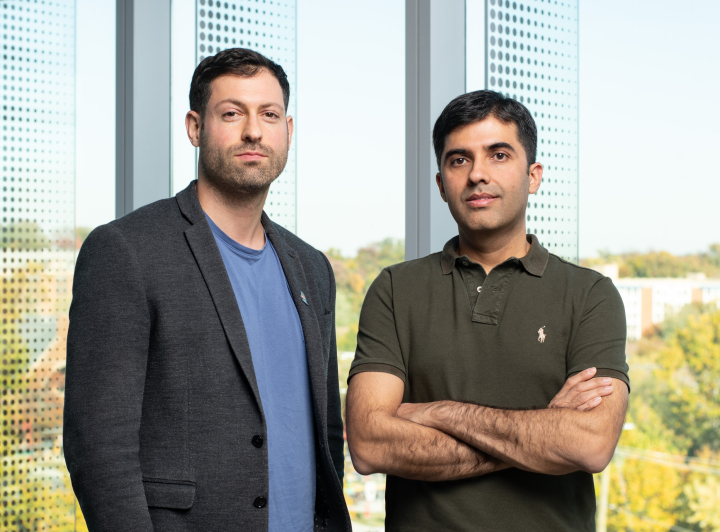UMD Researchers Aim to Boost High-Performance Computing Software Development Using AI
In this era of artificial intelligence (AI), software developers increasingly rely on large language models (LLMs) like ChatGPT and GitHub Copilot to streamline their coding processes. Companies like Meta have reported that nearly all their developers use an internal LLM to enhance productivity, highlighting the essential role AI now plays in software development.
Despite making huge strides, AI’s capabilities in high-performance computing (HPC)—which involves executing complex parallel programs and processing massive datasets across hundreds to thousands of GPUs—still face limitations.
Two University of Maryland researchers—Abhinav Bhatele, an associate professor of computer science, and Tom Goldstein, a professor of computer science—are part of a $7 million multi-institutional project supported by the Department of Energy (DOE) to address these limitations by developing an AI-assisted HPC software ecosystem.
The researchers are collaborating with scientists from the Lawrence Livermore National Laboratory (LLNL), Oak Ridge National Laboratory (ORNL), and Northeastern University on the project.
“HPC is all about using multiple computers at the same time to perform large-scale parallel computation,” explains Goldstein, who is director of the UMD Center for Machine Learning.
He emphasizes the complexity of the field, saying that while it’s relatively simple to write code for one computer, writing code that needs to run on 1,000 computers simultaneously is a feat.
“All processors in the system must work in unison—timing their computation and communication in a sort of symphony—to ensure everything works,” Goldstein says.
Click HERE to read the full article
The Department welcomes comments, suggestions and corrections. Send email to editor [-at-] cs [dot] umd [dot] edu.
